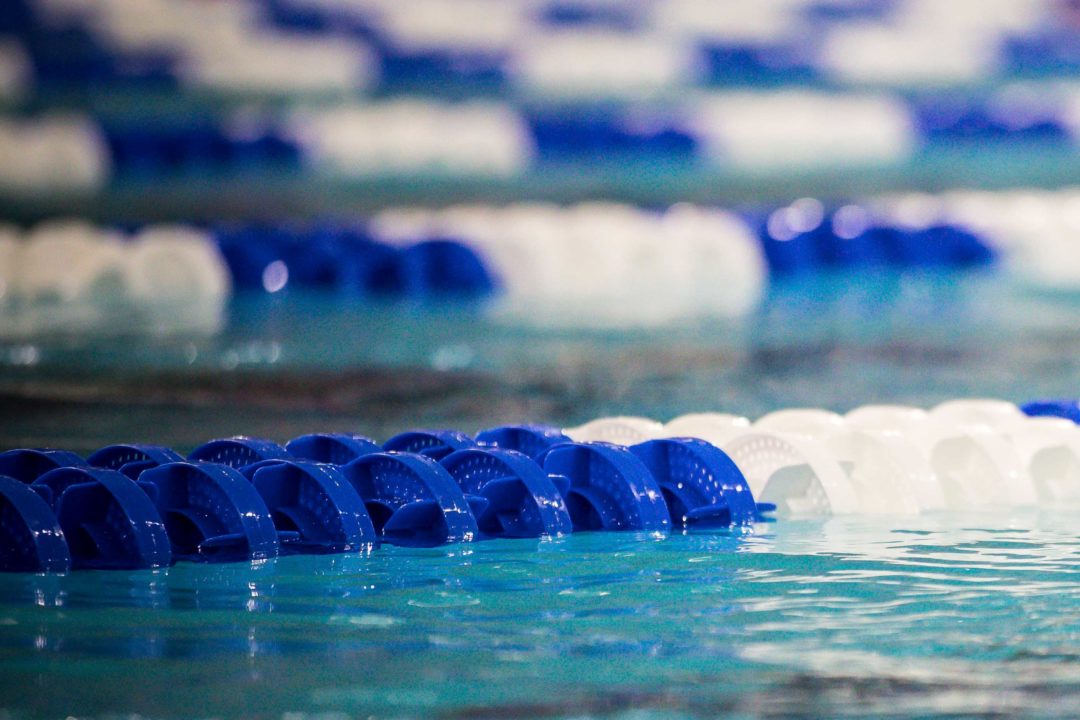A Fort Lauderdale High School swimmer was hospitalized after losing consciousness during hypoxic work at swim practice last week, WSVN 7 reported.
The team was “conducting breathing exercises underwater” when one male swimmer did not come up, according to WSVN 7, and members of the team pulled him out of the pool and performed CPR until he started breathing again. No information was reported about how long the swimmers were attempting to stay underwater.
The three swimmers who performed the rescue are all Red Cross certified lifeguards, according to Alex Kahn, who is the aquatics manager at a nearby yacht club where one of the swimmers works.
The hospitalized swimmer is reportedly “expected to be OK.”
“Often we look at heroes, and we think of police and firefighters, and we call them heroes, but this swim team here is true heroes,” Fort Lauderdale Fire-Rescue Department Battalion Chief Stephen Gollan said. “You have a bunch of individuals that, although they do have CPR training, they don’t deal with this type of situation on a daily basis, and today, all that training came together, and they rose to the top, and they saved one of their teammates.”
In 2016, USA Swimming published a list of recommendations regarding the use of hypoxic training in swim practices. Among the guidelines is that swimmers “should never resist the urge to breathe,” that any underwater drill efforts should not exceed 25 yards per attempt, and that such drills should not include immediate repeat attempts or competitive challenges.

Dangerous activity which will lead to fatalities.
Not if it is coached properly. The days of coaches yelling at swimmers for being “wimps” or worse during a hypoxic set should be long gone. A coach who sees a kids struggling should ask what’s wrong and back off the set if it is too hard.
Fun story and totally unreported by the media on this one, the three students who actually were involved in the rescue were all off-duty red cross lifeguards. One of them is a member of my staff, and I couldn’t be any prouder. I am putting the three in for recognition awards with Red Cross for their actions.
Thank goodness he will be okay!
I think the most important point on the list is to understand that hypoxic blackout is closely linked to hyperventilation. In addition to purposely hyperventilating, they mentioned involuntary hyperventilation. How do you unintentionally hyperventilate?
Good Q.. Panic and/or anxiety-induced hyperventilation?